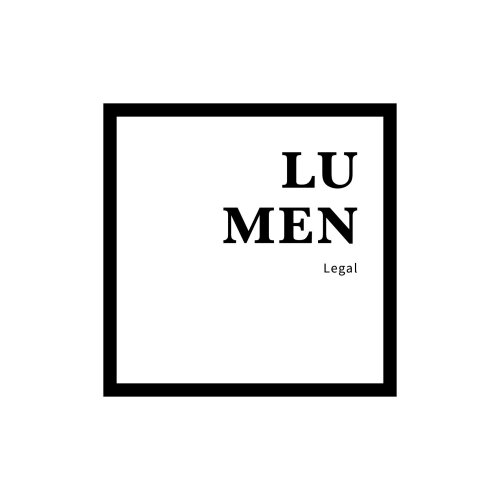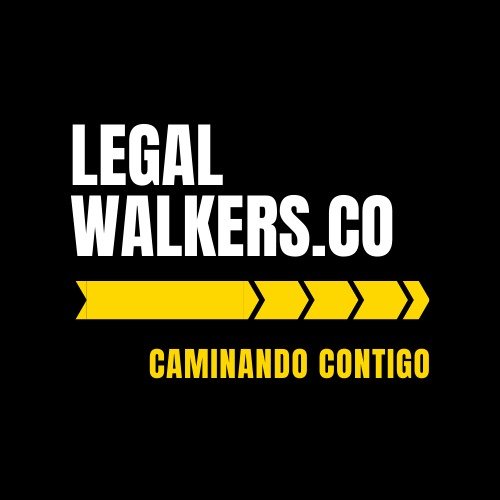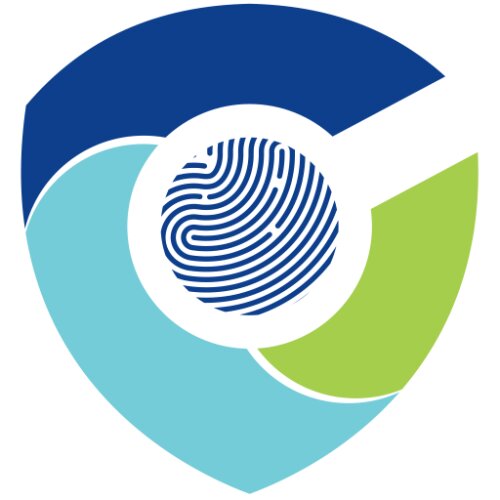Best Media, Technology and Telecoms Lawyers in Colombia
Share your needs with us, get contacted by law firms.
Free. Takes 2 min.
Or refine your search by selecting a city:
List of the best lawyers in Colombia
About Media, Technology and Telecoms Law in Colombia
The fields of media, technology, and telecommunications in Colombia are vibrant and rapidly evolving sectors instrumental for the country's digital economy. Media has transitioned significantly towards digital platforms, while the telecom industry continues to expand with increasing Internet connectivity and mobile penetration. Technology companies are on the rise, fostering innovation and creating a competitive landscape. Colombian law is adapting to these changes with legislation focusing on digital privacy, intellectual property rights, and regulation of digital and service-oriented businesses.
Why You May Need a Lawyer
Legal assistance may be essential in several common situations within the media, technology, and telecom sectors in Colombia. Businesses or individuals may require help with intellectual property disputes, such as copyright or trademark issues. There might be a need for advice regarding compliance with data protection and privacy laws. Lawyers may also be needed to navigate regulatory requirements for telecommunications services, draft contracts, handle litigation or negotiate agreements related to technology partnerships or licensing.
Local Laws Overview
Colombian media, technology, and telecom laws cover a broad spectrum. Key pieces of legislation include the Data Protection Law (Law 1581 of 2012), which outlines rules for handling personal data, and the Telecommunications Law (Law 1341 of 2009), which provides a framework for the industry. Intellectual property is protected under various laws, including the Copyright Law (Law 23 of 1982). Regulatory bodies such as the Communications Regulation Commission (CRC) ensure compliance with these laws. Adherence to international treaties, such as those from the World Intellectual Property Organization, is also crucial.
Frequently Asked Questions
What are the main challenges facing the telecom industry in Colombia?
Challenges include ensuring widespread quality access to Internet services, maintaining competitive pricing, and investing in infrastructure in rural areas to increase coverage.
How are data protection and privacy addressed in Colombia?
The Ley de Protección de Datos Personales regulates how personal data is collected, stored, and used, emphasizing the rights of individuals to protect their data.
Is digital media regulated differently from traditional media in Colombia?
While digital media has elements of self-regulation, it still needs to comply with general media laws regarding content and intellectual property.
What steps do I need to take to start a technology business in Colombia?
Starting a technology business typically involves obtaining necessary permits, registering the business, understanding local tax obligations, and ensuring compliance with software and data regulations.
How can intellectual property be protected in the media industry?
Creators can protect their works by registering copyrights, trademarks, or patents, and seeking legal help to enforce them against infringements.
What should I consider when drafting a technology contract?
Important considerations include defining scope of service, intellectual property rights, confidentiality clauses, and dispute resolution mechanisms.
What is the role of the Communications Regulation Commission (CRC)?
The CRC regulates telecommunications services, ensuring fair competition and service quality, and overseeing compliance with sectorial policies.
How does Colombia regulate e-commerce activities?
E-commerce is regulated under the Commerce Code, which includes consumer protection laws, electronic signature regulations, and data security standards.
What are the penalties for non-compliance with telecom regulations?
Penalties can range from fines to suspension of operations, depending on the severity of the violation and its impact on stakeholders.
Can foreign companies operate in Colombia's telecom market?
Yes, but they must comply with local regulations and may need to partner with local entities or obtain specific licenses to operate efficiently.
Additional Resources
For more information or assistance, individuals and businesses can contact the Colombian Ministry of Information Technologies and Communications (MinTIC), the Superintendence of Industry and Commerce for consumer rights issues, or international bodies like the International Telecommunication Union (ITU) for global compliance guidance. Law firms specializing in technology and telecommunications provide valuable guidance, and legal publications offer updates on relevant legislative changes.
Next Steps
If you need legal assistance in media, technology, and telecom sectors, start by consulting with a lawyer specialized in these fields. Prepare a list of specific legal issues or questions you have and consider your business objectives and challenges. Review your prospective lawyer's experience and past cases to ensure they have the requisite expertise. Attending seminars, joining industry groups, and staying informed on legislative changes can also be beneficial as you navigate these industries in Colombia.
Lawzana helps you find the best lawyers and law firms in Colombia through a curated and pre-screened list of qualified legal professionals. Our platform offers rankings and detailed profiles of attorneys and law firms, allowing you to compare based on practice areas, including Media, Technology and Telecoms, experience, and client feedback.
Each profile includes a description of the firm's areas of practice, client reviews, team members and partners, year of establishment, spoken languages, office locations, contact information, social media presence, and any published articles or resources. Most firms on our platform speak English and are experienced in both local and international legal matters.
Get a quote from top-rated law firms in Colombia — quickly, securely, and without unnecessary hassle.
Disclaimer:
The information provided on this page is for general informational purposes only and does not constitute legal advice. While we strive to ensure the accuracy and relevance of the content, legal information may change over time, and interpretations of the law can vary. You should always consult with a qualified legal professional for advice specific to your situation.
We disclaim all liability for actions taken or not taken based on the content of this page. If you believe any information is incorrect or outdated, please contact us, and we will review and update it where appropriate.
Browse media, technology and telecoms law firms by service in Colombia
Colombia Attorneys in related practice areas.
Browse media, technology and telecoms law firms by city in Colombia
Refine your search by selecting a city.













